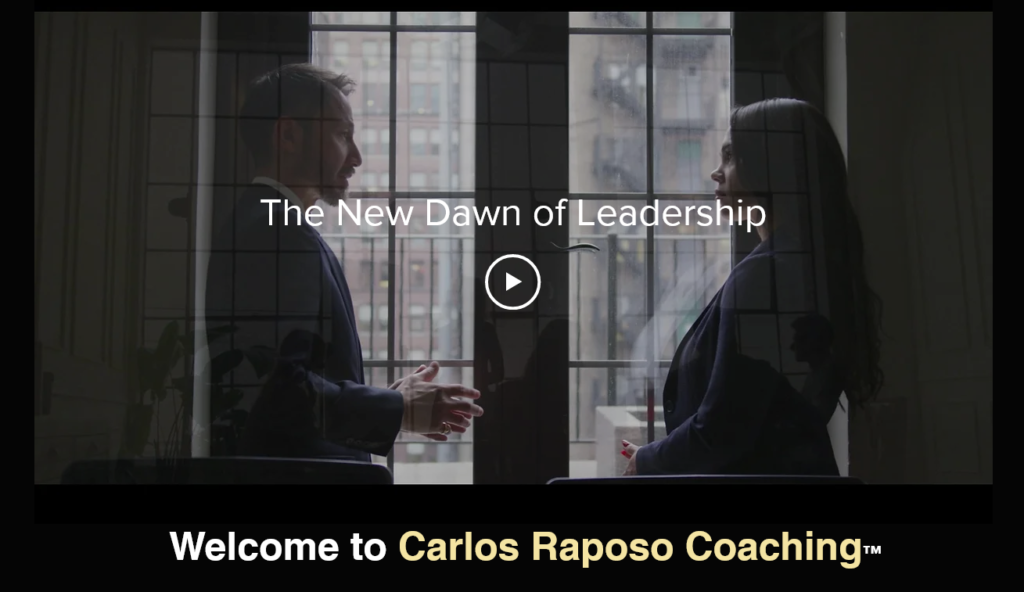In today’s business, customer service has become increasingly automated, scripted, and measured by metrics that often prioritize efficiency over humanity.
Recently, I witnessed a particularly jarring example of this disconnect while observing interactions at a supposedly “elite” call center.
A loyalty member called to modify – not cancel – a hotel reservation after the cancellation period had passed due to unexpected medical circumstances. What transpired was a textbook case of empathy failure that should serve as a cautionary tale for any organization that values customer relationships.
The call center representative rigidly adhered to their script: “Well, the policy is this,” and “You will have to do that,” repeatedly directing the increasingly frustrated customer to send emails, potentially rebook, and navigate a bureaucratic maze – all while facing a penalty.
The Widespread Empathy Crisis
This type of dynamic isn’t isolated to call centers—it’s proliferating across virtually all customer-facing industries. At airline counters, harried agents process passengers like inventory rather than travelers with unique needs and concerns.
In medical offices, front desk staff complete checkout procedures without eye contact or ensuring patients understand their critical next steps. Retail employees announce “we close in 5 minutes” rather than offering “I’m sure I can help you find what you need within our time constraints.”
These moments of disconnection have become so commonplace that we’ve normalized them, but each represents a missed opportunity for meaningful human connection and brand differentiation.
Whether in healthcare, retail, hospitality, or transportation, the script-following, efficiency-prioritizing approach undermines the very relationships these businesses depend on for survival. What makes this trend particularly troubling is how it spreads invisibly throughout organizational cultures until empathy becomes the exception rather than the standard.
Throughout the conversation, the customer’s emotional cues were entirely ignored, their medical situation dismissed as merely an inconvenience to policy compliance.
Most shockingly, after thoroughly alienating this loyal customer, the representative had the tone-deaf audacity to offer to “stay on for a promotion” – a thinly veiled attempt to pitch a timeshare presentation. This moment perfectly encapsulated the dangerous disconnect between human needs and corporate scripts.
This interaction represents a failure on multiple levels. First, at the individual level, where basic human empathy was sacrificed at the altar of protocol adherence.
Second, at the training level, where emotional intelligence was clearly not part of the representative’s skill development.
And third, at the organizational level, where policies and key performance indicators (KPIs) have created a system that actively discourages authentic human connection.
The consequences of such interactions extend far beyond the immediate frustration of one customer. Consider the lifetime value of a loyal member lost, the negative word-of-mouth that will inevitably follow, and the erosion of brand trust that occurs when customers feel treated as transactions rather than humans in distress.
For companies serious about customer retention and brand loyalty, this approach is not merely insensitive – it’s financially self-destructive. Research consistently shows that emotional connections drive customer loyalty far more powerfully than transactional satisfaction.
A study by Motista found that emotionally connected customers have a 306% higher lifetime value and will recommend brands at a rate of 71%, compared to the average rate of 45%. (Harvard Business Review 2016 article “The New Science of Customer Emotions.”)
The solution isn’t complicated, though it does require organizational courage. The most fundamental step begins well before training—it starts with hiring. Companies must prioritize recruiting individuals with natural empathic abilities and emotional intelligence. The most effective service representatives possess an innate capacity to connect with others, read emotional cues, and genuinely care about resolving customer issues.
Screening for these traits during the hiring process—through behavioral interviews, emotional intelligence assessments, and scenario-based evaluations—creates a foundation for success. After all, while empathy can be developed, individuals who already possess this natural inclination will be more receptive to training and more likely to authentically implement these skills in high-pressure situations.
With the right people in place, companies must then integrate comprehensive emotional intelligence training into their customer service curriculum. Representatives need to learn to recognize emotional cues, respond with appropriate empathy, and be given the authority to make human-centered decisions.
Second, KPIs must evolve beyond call time and adherence to include measures of customer emotional satisfaction and problem resolution. When metrics align with human needs, behavior follows.
Finally, script rigidity must give way to guided authenticity. Well-trained representatives can follow general guidelines while maintaining their humanity and responding appropriately to the unique circumstances of each interaction.
This is not merely about being nicer – it’s about business survival in an age where customer experience is the primary differentiator. Companies that continue to force representatives to prioritize scripts and metrics over human connection are not just creating Hall of Shame moments; they’re actively writing their own obsolescence stories.
In the case I observed, a simple response acknowledging the medical situation, expressing genuine concern, and working to find a solution could have transformed the entire interaction from frustration to relief and gratitude. Instead, the company gained another disillusioned customer and missed an opportunity to demonstrate their values when it mattered most.
The age of scripted empathy failure must end. Our businesses – and our humanity – depend on it.

(c) 2025 Carlos Raposo Coaching, LLC and CorporteEmpathyTraining.com. All rights reserved. For more information visit: www.corporateempathytraining.com
" If you’re looking for a trusted partner to enhance your organization’s leadership capacity, drive cultural transformation, or unlock your team’s potential, I welcome the opportunity to collaborate. Let’s connect and discuss how I can help you achieve your vision for success."




